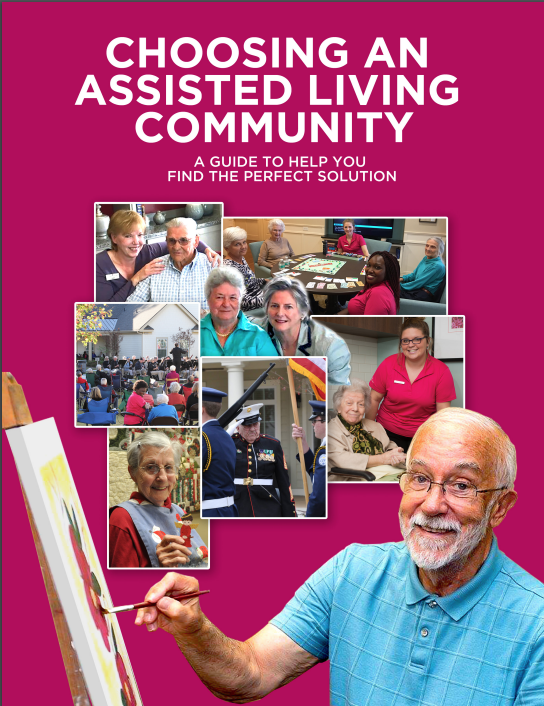Embarking on the caregiving journey is a testament to boundless love and commitment, a path that intertwines joy with inevitable challenges. In the spirit of Family Caregivers Month this November, we delve into the emotional spectrum experienced by caregivers, oscillating between fulfillment and fatigue, satisfaction, and stress. During challenging times, a network of supportive people and programs can be pivotal, preventing caregiver burnout and ensuring sustained, loving care.
Understanding the emotional impact of caregiving is paramount. Caregivers often experience joy and satisfaction, providing comfort and security to their loved ones. However, navigating through health challenges and changing needs can usher in feelings of anxiety, guilt, and even resentment. It’s a delicate dance of emotions and responsibilities, where self-care emerges not as an option but a vital necessity. The adage, “You cannot pour from an empty cup,” rings particularly true for caregivers. Ensuring their mental, emotional, and physical well-being is paramount to providing optimal care for their loved ones. Self-care is not a divergence from caregiving but an integral component of it, involving recognizing and honoring one’s own needs, seeking support, and allowing moments of respite and relaxation.
A robust support system becomes the backbone of sustainable caregiving. This involves not only family and friends but also professional networks and communities that empathize with the caregiver’s journey. Engaging in support groups, participating in forums, and leveraging community resources can provide not only practical assistance but also emotional support and encouragement.
Recognizing when to seek professional help is a crucial aspect of balanced caregiving. It involves observing not only the evolving needs of the loved one but also assessing the impact of caregiving on the individual’s own well-being. Signs that may indicate the need for additional support include noticeable changes in the caregiver’s physical health, emotional state, and overall quality of life. It also encompasses understanding when the complexity of care required for the loved one may be beyond what can be provided at home.
The journey of caregiving is deeply personal and multifaceted, unique to each family’s situation and individual needs. It demands balance, understanding, and the wisdom to seek support when needed. For caregivers navigating this journey with unwavering commitment, knowing that supportive, expert resources exist offers reassurance and comfort. A final reminder: in the journey of caregiving, you are not alone, and support is always available, ensuring that both you and your loved ones experience the best quality of life possible.
Assisted Living Communities and Memory Care Neighborhoods emerge as beacons of support and information for caregivers. With a warm, welcoming environment that feels like home and a team of compassionate, skilled caregivers, supportive senior living providers can provide personalized, professional care as needs change.



